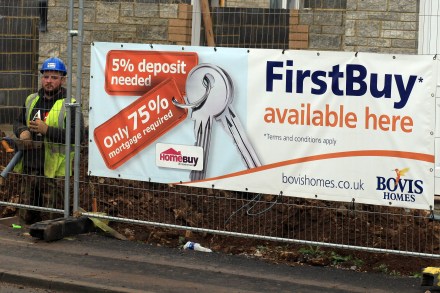Spectator Sport: Coming of age
Bracing times for those of us who are part of the winter fuel allowance generation — FAGs, as we like to call ourselves. At Haydock Park, the courageous Kauto Star thundered back into the national conscience with a spine-tingling win in the Betfair Chase. The 11-year-old is an equine superstar in the mould of Red Rum and Desert Orchid, and the sight of him showing his Gold Cup conquerors, Long Run and Sam Waley-Cohen, a clean pair of hindquarters can’t make Boxing Day at Kempton come soon enough. Kauto’s trainer Paul Nicholls was probably still enjoying a celebratory drink when 34-year-old Darren Lockyer, as Australian as a sweaty singlet, ended
















